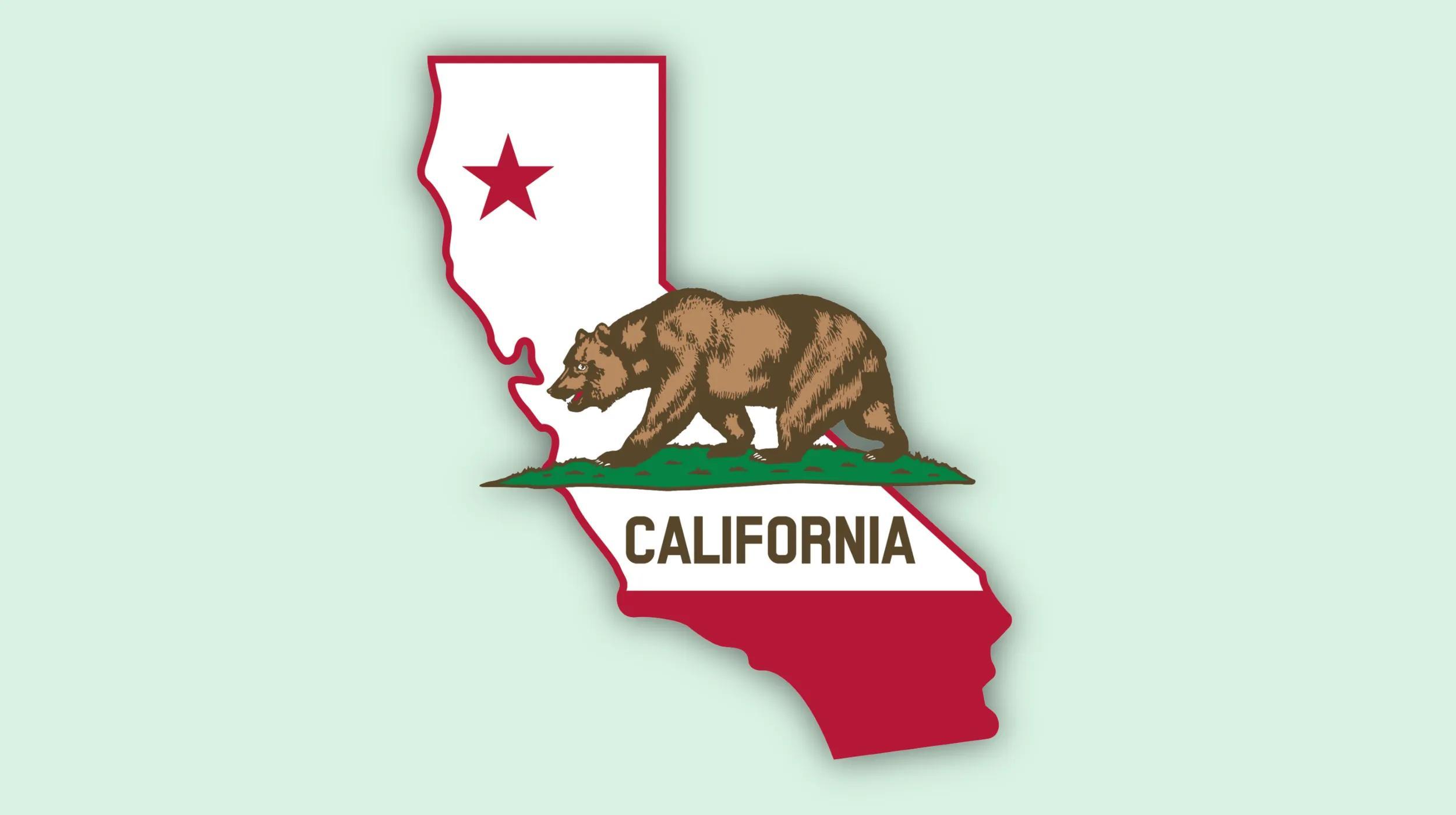Let me tell you a little story about freelance taxes: Last year I wrote a check to the IRS for $14,000.
It wasn’t because I failed to withhold the proper amount from my salaried day job or that I won the lottery. Instead, my freelance writing income exploded through the roof that year. Suddenly a side gig became what many people would consider a full-time job. It was an unexpected and surprisingly satisfying kudos for my work ethic. Plus, I was being paid for something I used to do for free and it felt awesome.
But then I had to pay the piper on my earned income. I also had to pay taxes on being self-employed. It hurt, but I learned one heck of a lesson.
Most people that receive a salaried paycheck are probably less interested in taxes than the average freelancer. If you’re self-employed, taxes can get really interesting because paying Uncle Sam is something that you must plan for, not something that happens automatically. If you don’t, you run the risk of being hit in the face at tax time with a big debt. Like I was.
While I’m not an accountant, I’d like to share some of the things I’ve learned about the U.S. tax system and the real price of existing within the gig economy.
Related: 7 tax tips for your side hustle
Disclaimer: This content should not be construed as legal or tax advice. Always consult an attorney or tax professional regarding your specific legal or tax situation.
5 basic things you need to know about freelance taxes
Here are five things you absolutely need to know about earning extra income in the gig economy.
- You are responsible for withholding your own taxes.
- Hire an accountant.
- You must pay your taxes quarterly.
- You are taxed twice.
- New tax rules for 2018 might help you.
Knowing the deets on these five essential basics about freelance taxes will save you time and maybe even some money. Let’s dig in!
Related: 2019 tax calendar for small business owners
1. You are responsible for withholding your own taxes
Like me, you’re guaranteed to be gobsmacked at tax time with an unexpected financial hit if you don’t plan ahead. This is why freelancing requires a huge shift in thinking about how you handle your money.
If you’re still working a day job, like I was, don’t assume that the taxes being withheld from the salaried role will cover freelancing.
Many times, the freelancing gig puts people in a higher tax bracket, which of course increases the amount of money you owe in city, state and federal taxes. This is a good segue to the next freelance tax tip: Get help with your taxes.
Related: Calculating self-employment taxes
2. Hire an accountant

If you’re a freelancer, an annual trip to H&R Block simply may not maximize your freelance earnings potential. I use my accountant throughout the year to get advice on tax write-offs, financial planning input, or questions on changes to tax laws.
If you go just once a year, how can you tweak your behaviors to maximize your earnings?
By April it’s too late to reduce your taxes by making smarter tax write-offs. An accountant can teach you the benefits of setting up a health savings account. They can also help you estimate your quarterly freelance tax payments. Let’s talk about that next.
3. You must pay your freelance taxes quarterly
Paying your own taxes as a freelancer is a huge responsibility that requires you to pay estimated taxes on what you anticipate earning that year. It sucks. But it sucks much worse if you fail to do it.
If you’re salaried, your employer automatically makes the quarterly tax payments for you. But if you’re freelancing, and you owe $1,000 or more on your taxes, you must make these payments, or face a penalty.
If you’re considering freelancing for 2019 and want to try to calculate your tax bracket or what these payments would be, TurboTax has some free tools that you can access here.
Related: What’s the deal with quarterly estimated taxes?
4. You are taxed twice
If you’re planning on freelancing this year, be aware that you are liable for self-employment taxes in addition to income tax. Freelancers are required to pay the full 15.3 percent Medicare and Social Security self-employment tax that is normally split between you and an employer if you’re on a salary.
However, if you’re self-employed, you are considered to be both employer and employee, so you get the double tax whammy from the government. Thanks, Uncle Sam!
5. New tax rules for 2018 might help you
One of the biggest changes ushered in with the Tax Cuts and Job Act was the 199A deduction, which gives a 20-percent tax break to businesses with qualified business income (QBI).
Businesses that operate as sole proprietorships — like many freelancers do — are among those eligible for the new deduction.
If your freelance and other-taxable income fall below $157,500 as a solo business or $315,000 for you and a spouse, the deduction, is yours. There are caveats, of course, but that’s why you have a top-notch accountant on your team.
Related: What you need to know about the new 199A deduction
Another benefit for tax year 2018 is that self-employed business owners can fully write off the entire cost of purchases, instead of taking just half the cost in one year.
The maximum allowed for vehicle depreciation if you use a car in your business also has increased.
You can now also deduct 100 percent of the cost of flying and lodging as well as 50 percent of meals.
Finally, like in prior years, freelancers working at home can deduct a portion of rent or mortgage on the section of your home used for the job, as well as utilities, insurance, and so on.
Related: How to prepare for 2018 tax changes that might affect your business
Preparing for the freelance lifestyle
When you first start to freelance it’s going to seem so cool. You are the large and in-charge boss you’ve always wanted to be. Except this means you are also in charge of withholding your own tax tithe from every paycheck you earn.
Trust me on this, when you move from a salary to freelance, it’s going to be a big adjustment.
Learning to set aside the proper amount from each paycheck you receive for quarterly tax payments is just one of the financial responsibilities you’ll take on. If you’re at all worried about job security (who isn’t), you should probably also set aside emergency savings to cover any dips in your income that may occur.
These are good reasons to try to establish a freelance career while you still have a salaried position as I did. It gives you time to use freelance work to establish a financial cushion while building up a steady, reliable second income. Good luck and happy freelancing!







